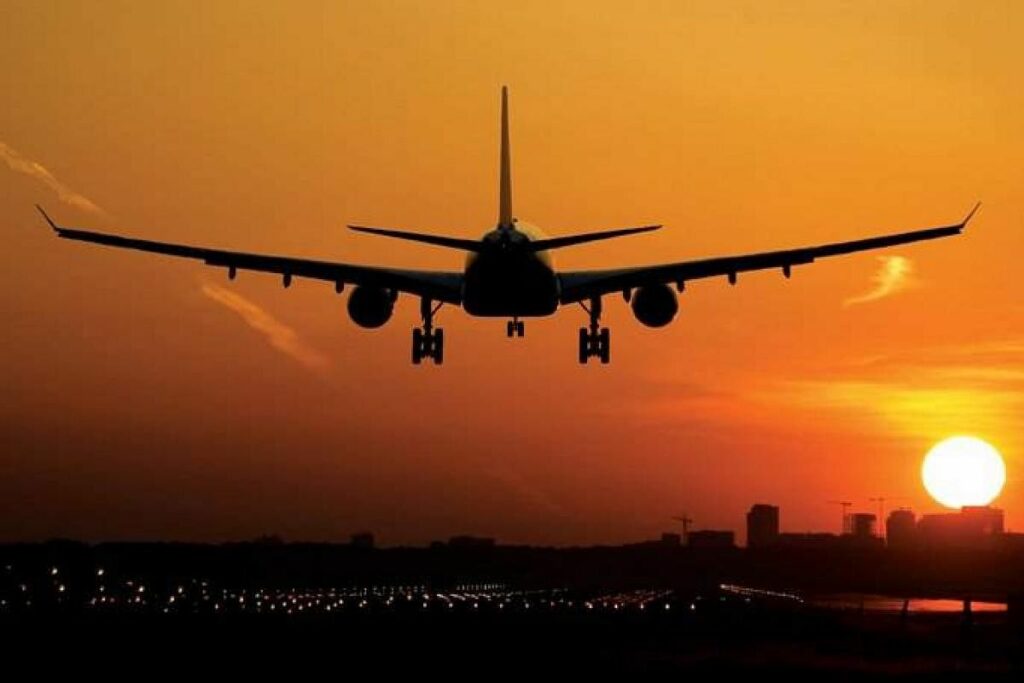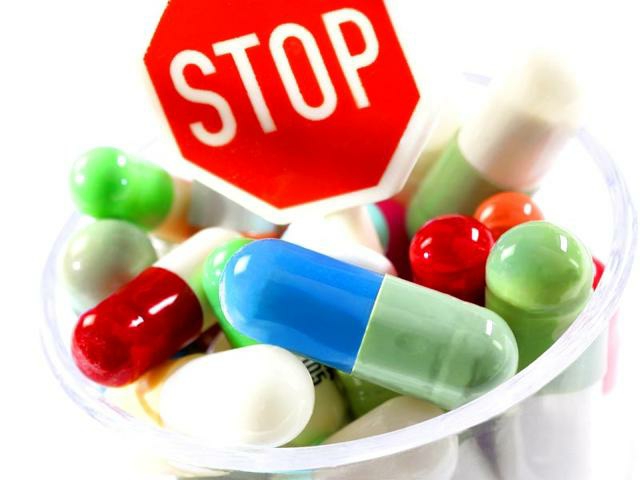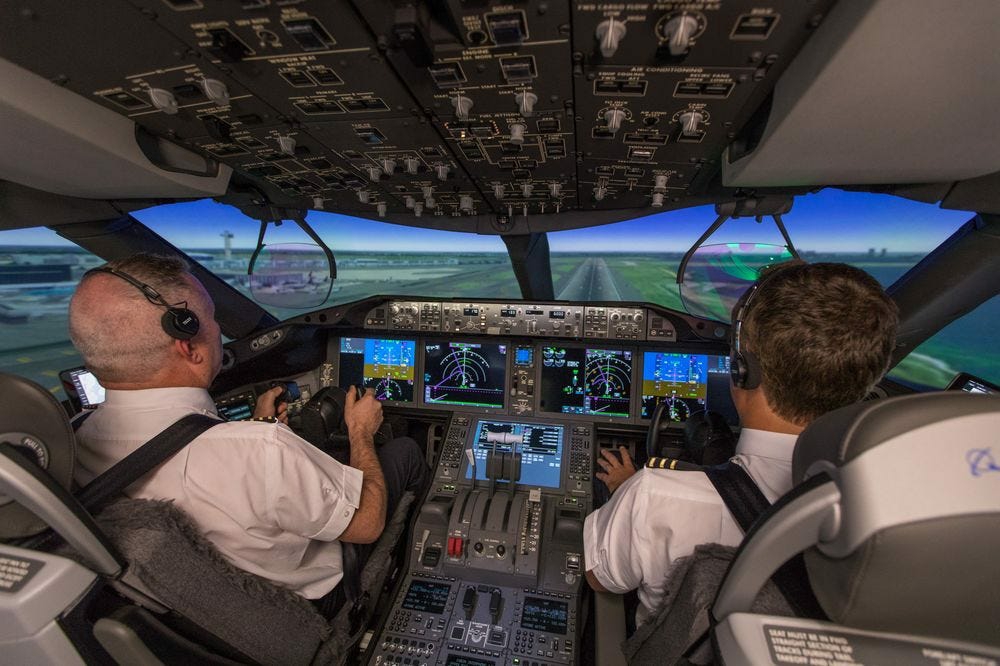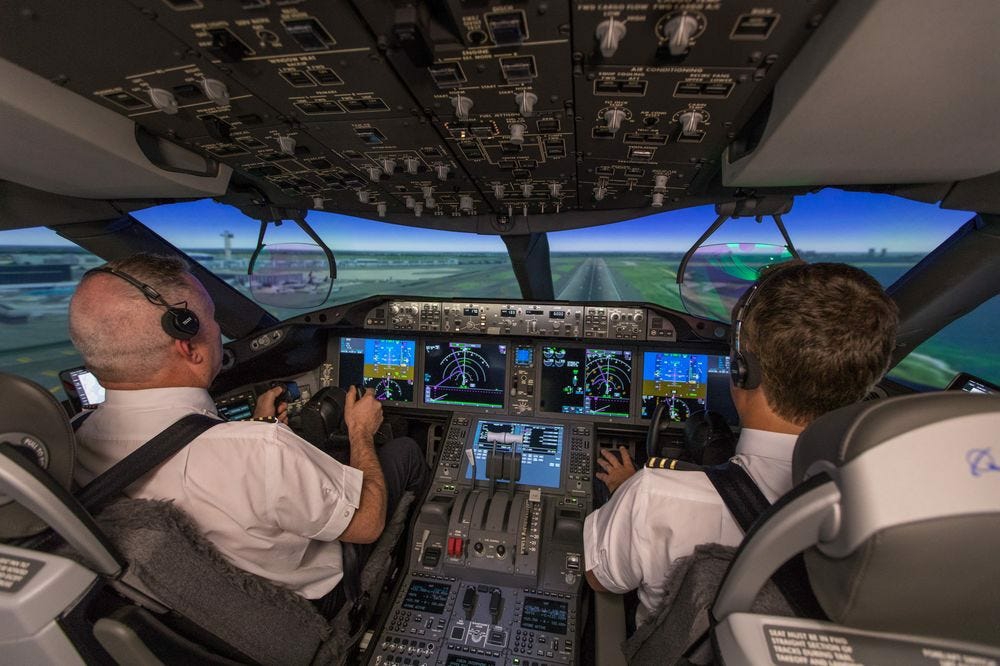The board of directors of Civil Aviation DGCA has suggested pilots to avoid self-medication and taking over-the-counter medication because it might be prejudicial to their flying performance.

In a safety informatory, the DGCA aforementioned one amongst the foremost health determinant of content also as psychological feature flying performance was the employment of medicines by a pilot.
“It is associate degree indisputable fact that a number of the medicine prescribed drugs pharmaceuticals} or over-the-counter drugs will impair the performance of pilots on duty more so, within the web age, the pilots area unit currently additional conscious of medicine and self-medication.
AdvertisementHowever, they lack awareness of the potential aspect effects of self-medication, which can impede their psychological feature and decision-making performance.”
To ensure safe flight operations, pilots have associate degree arduous task that starts with the look part of a flight through the top of it. Even a small impairment of pilot’s psychological feature or content skills associate degreed his/her decision-making ability may be a important threat to safety and may be a possible contributing think about an craft accident.
“It is documented and understood currently, that inappropriate use of medicines will considerably have an effect on these factors determinant pilot’s performance”
The DGCA mentioned
Illicit medication impact
A report of the Federal Aviation Authority (FAA) instructed that from 1990 to 2005, of the 5,231 pilots concerned in aviation accidents, 467 pilots were found positive for illicit medication or prescribed drugs. In 1994, the government agency reportable that fourteen,000 pilots of the u. s. performed flight duty whereas they were beneath the influence of criminal substances and prohibited medications.

Referring to associate accident within the Indian Civil Aviation business, the informatory aforementioned that in associate Air India specific plane crash on might twenty two, 2010, the pilot was on ‘self-medication’ for his “seemingly trivial” symptoms of dyspepsia and raw throat that resulted in sedation and adversely affected his flying performance and higher cognitive process.
Another accident involving associate Air India specific flight exposed varied human factors problems among the causes of the accident, of that “adverse physiological condition” of the pilot because of self-medication for polygenic disease was highlighted.
“The series of errors committed by pilot were part and indirectly attributed to the delicate incapacitation caused because of delicate symptom as a results of multiple un-prescribed anti-diabetes medication that he was intense.”
Many airlines either prohibited or discouraged pilots from self-medication because of the potential result on their performance. the foremost common over-the-counter medication accessible from medical stores/chemists in India for doable self-medication were cough and cold remedies, pain killers, vitamins, energy drinks and anti-allergy medicines.
“The adverse effects of those non-prescribed medication on pilot’s performance is a matter of concern within the aviation business additionally.”
Reluctance of Pilots – DGCA
The DGCA aforesaid that a hesitancy was ascertained amongst pilots whereas consulting their company doctors or physicians if they fell sick thanks to an evident worry of not satisfying the medical necessities for his or her license.

This worry of being rendered medically unfit was a serious issue causative to the prevalence of self-medication with over-the-counter medicine to treat themselves.
Stay tuned and updated with Aviationa2z.

